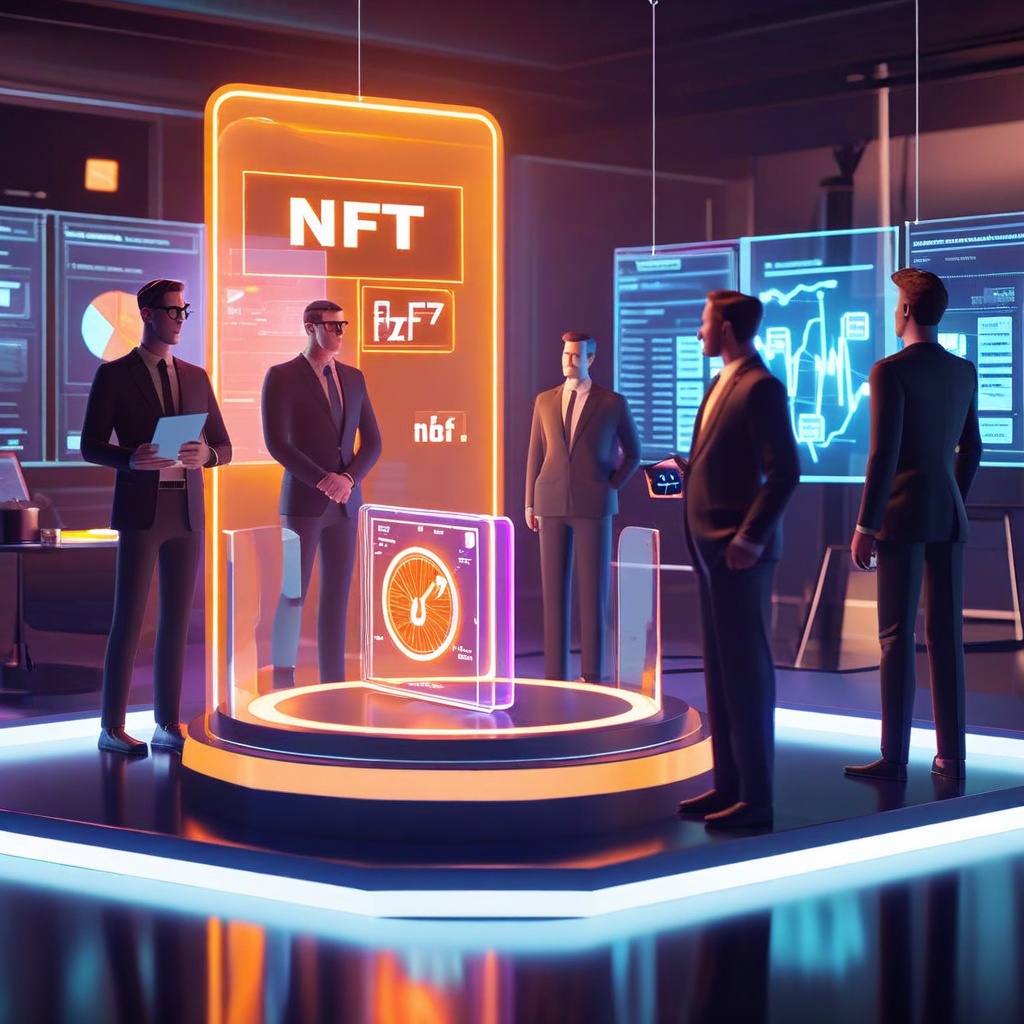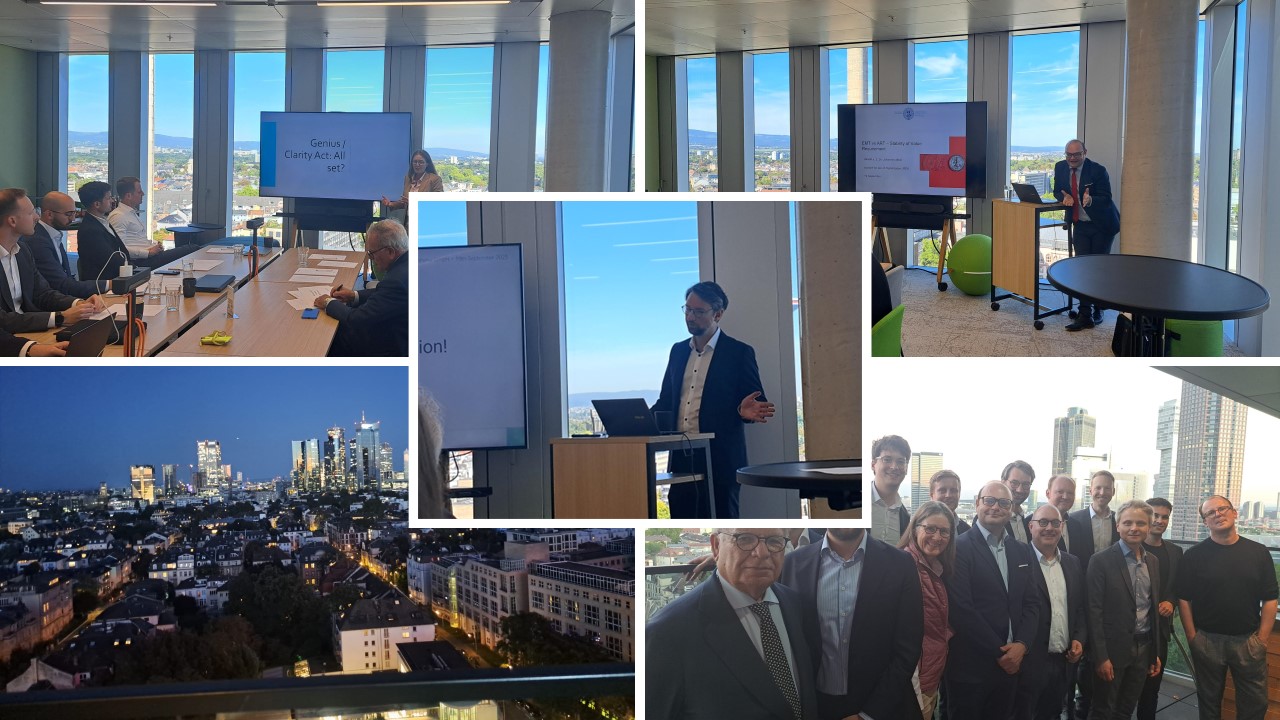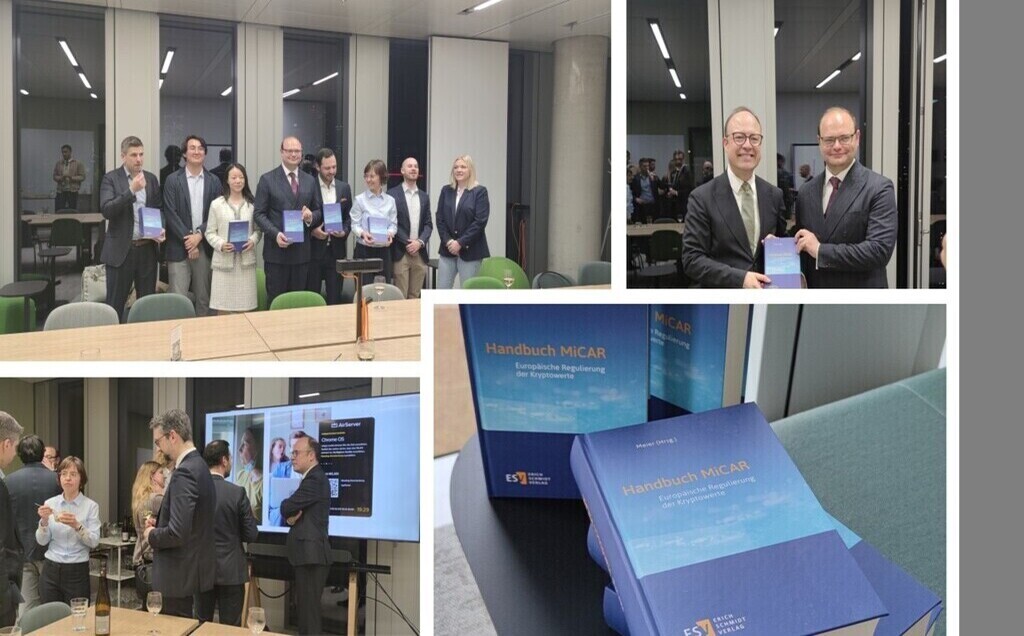The Markets in Crypto Assets Regulation (MiCAR) has been fully applicable in the European Union for almost three months now, imposing uniform compliance and licensing requirements on crypto service providers throughout the Union. The national crypto regulation previously in force in Germany has thus become obsolete. However, a small remnant of national regulation remains for the area of crypto custody even under the MiCAR regime. In the course of the implementing law regulating the transition to the MiCAR regime, the German legislator had to find a solution for those companies that, with their national crypto custody license, were allowed to hold crypto assets prior to the entry into force of the MiCAR, which now fall outside the scope of the MiCAR. The rationale of the government for the Financial Market Digitization Act, which implemented the transition to MiCAR, was that the transition should not limit the scope of the custody portfolios of crypto-custodians with a national KWG license. In particular, this issue concerned crypto assets that also meet the requirements for a financial instrument within the meaning of the MiFID2 regulation. MiCAR explicitly excludes such financial instruments from its scope of application. Also excluded from the scope of MiCAR are so-called non-fungible tokens (NFT), i.e. crypto assets that are individually designed and not interchangeable with other crypto assets of the same type and quality.
Can an NFT be a Cryptographic Instrument within the Meaning of the KWG?
To solve this problem, the German legislator introduced the new regulatory category of cryptographic instruments. It is important to understand that cryptographic instruments are not financial instruments within the meaning of the KWG, but a special category of instruments that only play a role to the extent that only financial services institutions with a license for qualified crypto custody are allowed to hold cryptographic instruments. Cryptographic instruments do not play a role for other types of permission. Cryptographic instruments are defined in the KWG in continuation of the former national crypto-value concept – which was to be abolished – as digital representations of a value that has not been issued or guaranteed by any central bank or public authority and does not have the legal status of a currency or money, but is accepted by natural or legal persons as a means of exchange or payment or for investment purposes on the basis of an agreement or actual practice and can be transferred, stored and traded electronically. The KWG also explicitly excludes four types of instruments from the definition, namely e-money, monetary values in closed-loop models, crypto assets under MiCAR and securities within the meaning of the German Securities Deposit Act (Depotgesetz). Accordingly, to the extent that an NTF meets the legal definition in an individual case and constitutes a cryptographic instrument, the custody of the NFT in Germany may require a license from BaFin to provide qualified crypto custody. In particular, this may apply to NFTs that are used for investment purposes.
BaFin May also Grant an Isolated License for Qualified Crypto Custody Business in Accordance with the KWG
The custody of NFTs or cryptographic keys (private keys) for NFTs for customers can therefore qualify as a qualified crypto custody transaction, even if the custody is offered, for example, only as an additional service to the operation of an exchange platform for the NFTs. Qualified crypto custody is a fully-fledged financial service within the meaning of the KWG, so that in such cases an application for a corresponding license can be submitted to BaFin. It is irrelevant whether the applicant company in question also has a license under the MiCAR for crypto custody or another crypto service. A license under the KWG and an authorization under the MiCAR can be granted concurrently. The requirements for a license application under the KWG are extensive. In particular, the applicant must present a viable business plan for the first three financial years, have reliable and professionally suitable managers who can devote sufficient time to managing the business, and be able to demonstrate that it has a business organization that meets the minimum regulatory standards with regard to risk management, IT security, money laundering compliance and emergency management. The regulatory minimum capital that qualified crypto custodians must be able to demonstrate at all times is 150,000 euros, provided they do not also trade in financial instruments for their own account.
Attorney Lutz Auffenberg, LL.M. (London)
The lawyer responsible for regulatory questions relating to NFTs and authorization BaFin procedures at our law firm is Attorney Lutz Auffenberg, LL.M. (London).
subscribe to Newsletter






